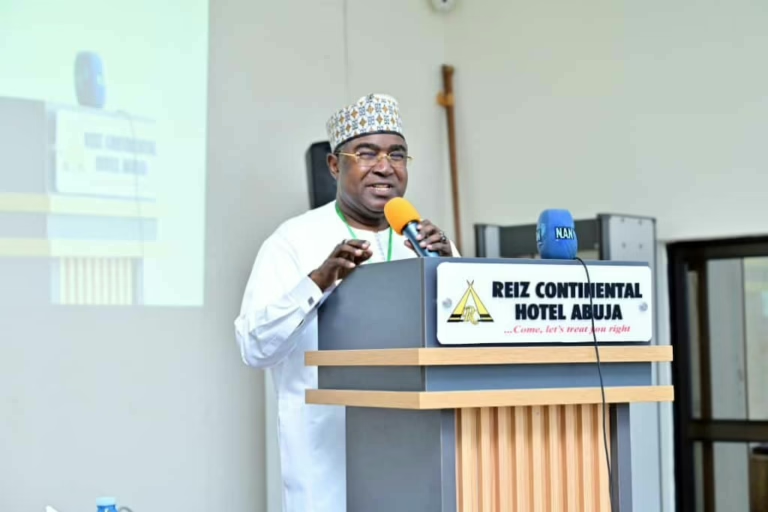Brigadier General Muhamed Marwa (retired), Chairman of the National Drug Law Enforcement Agency (NDLEA), has expressed that while the agency is open to the controlled and regulated exportation of cannabis oil to interested foreign markets, it firmly opposes its use within Nigeria.
Speaking at a workshop titled “Cannabis Oil Debate: The Path Forward for Nigeria,” hosted by the Nigerian Academy of Science in Abuja, Marwa emphasized the importance of informed discussions surrounding cannabis oil.
He remarked, “NDLEA welcomes constructive dialogue on cannabis oil. Nigeria must base its decisions on comprehensive facts rather than partial information, commercial pressures, or international trends. Although cannabis oil may possess medicinal benefits worthy of exploration, it also presents health hazards, potential for abuse, and public safety concerns. This underscores the necessity for collaboration among scientists, healthcare professionals, policymakers, and regulatory bodies to thoroughly evaluate the evidence and deliberate carefully.”
Marwa reassured that the NDLEA supports scientific progress and innovation but advocates for prudence. “Our policies must prioritize the protection of lives and public health while reinforcing our efforts against drug misuse. Consequently, the agency is open to permitting the controlled export of cannabis oil to foreign entities as part of Nigeria’s strategy to boost foreign exchange earnings,” he added.
He further clarified, “While some nations have authorized cannabis oil for therapeutic use, Nigeria has yet to do so. Our primary concern remains its consumption within the country. Therefore, any export activities must be strictly regulated, licensed, and supervised by the NDLEA, confined to designated export free zones.”
Highlighting the complexity of the issue, Marwa noted, “Cannabis is not merely a plant; it carries intricate medical, social, and economic implications. Historically, the discourse has been skewed, often emphasizing the benefits of cannabis oil while downplaying its risks. This imbalance motivated the NDLEA to commission a comprehensive study on cannabis oil through the esteemed Nigerian Academy of Science.”
He stressed the need for a measured approach in Nigeria, a nation already burdened by significant drug abuse challenges. “Much of the public conversation focuses on the therapeutic potential and export value of cannabis oil, yet the associated risks are frequently overlooked. Research indicates that cannabis and its derivatives can negatively impact mental health, particularly among youth, contributing to anxiety, depression, psychosis, and cognitive decline. Dependence and addiction are also serious issues, imposing social and economic strains on families and communities.”
Marwa also pointed out the dangers posed by inconsistent production standards and regulatory gaps globally, which result in cannabis oil products varying widely in strength, contamination levels, and misuse outside medical oversight. “Nigeria faces one of the highest rates of cannabis misuse worldwide, with a substance abuse prevalence of 14.4%, far exceeding the global average of 5.6%. The 2018 drug use survey reported approximately 10.6 million cannabis users in the country. These statistics highlight the urgent need for stringent safeguards before considering any policy changes regarding cannabis oil,” he concluded.






















